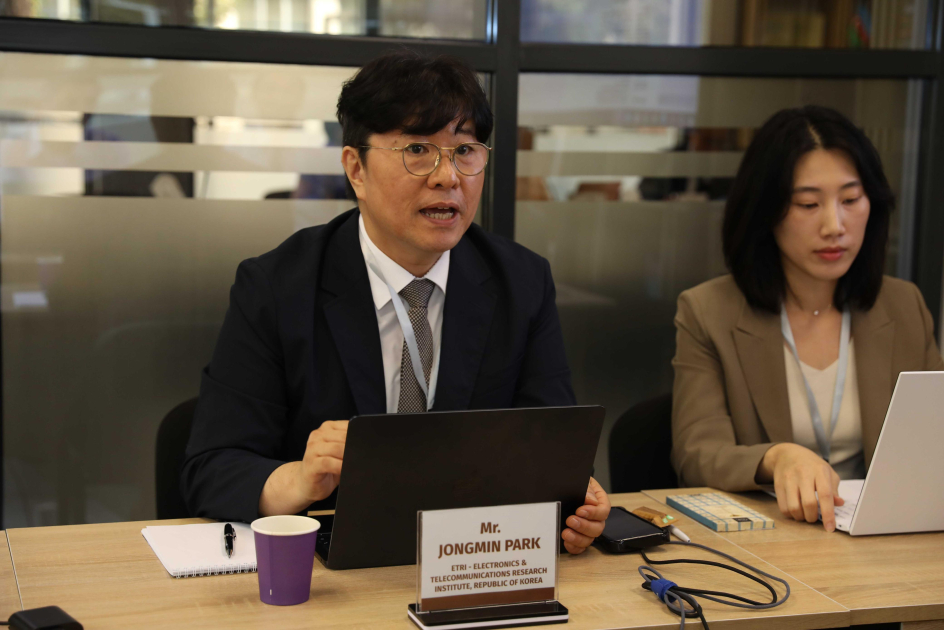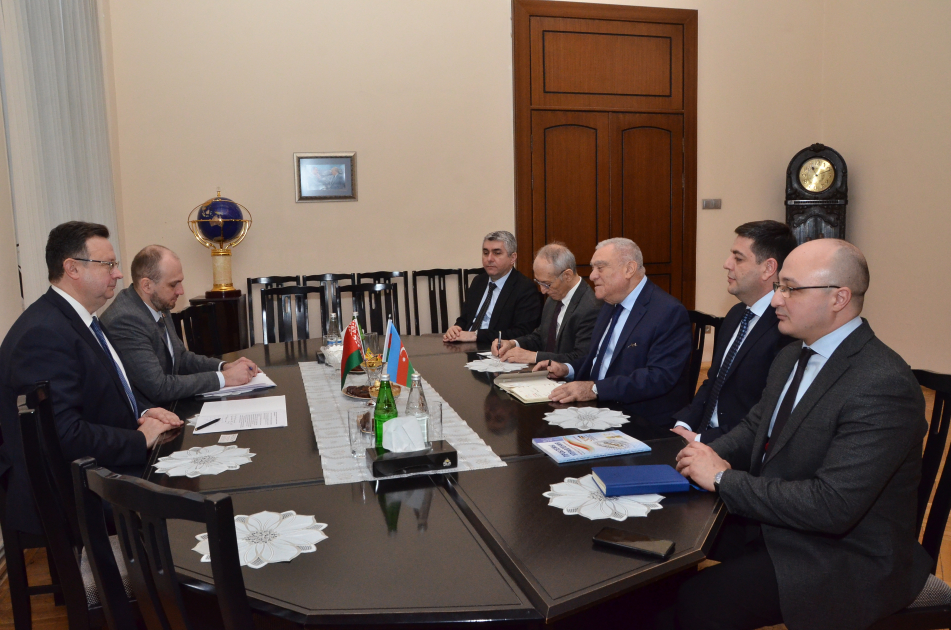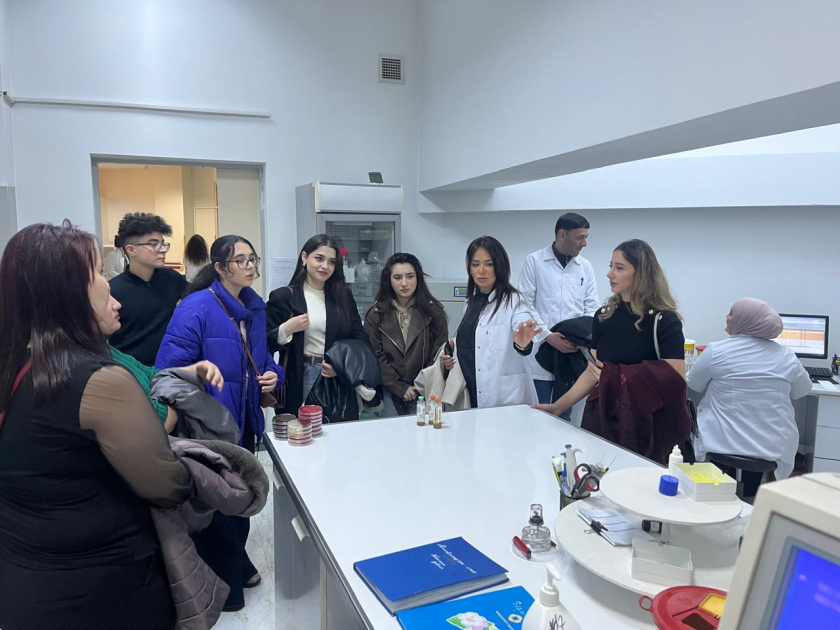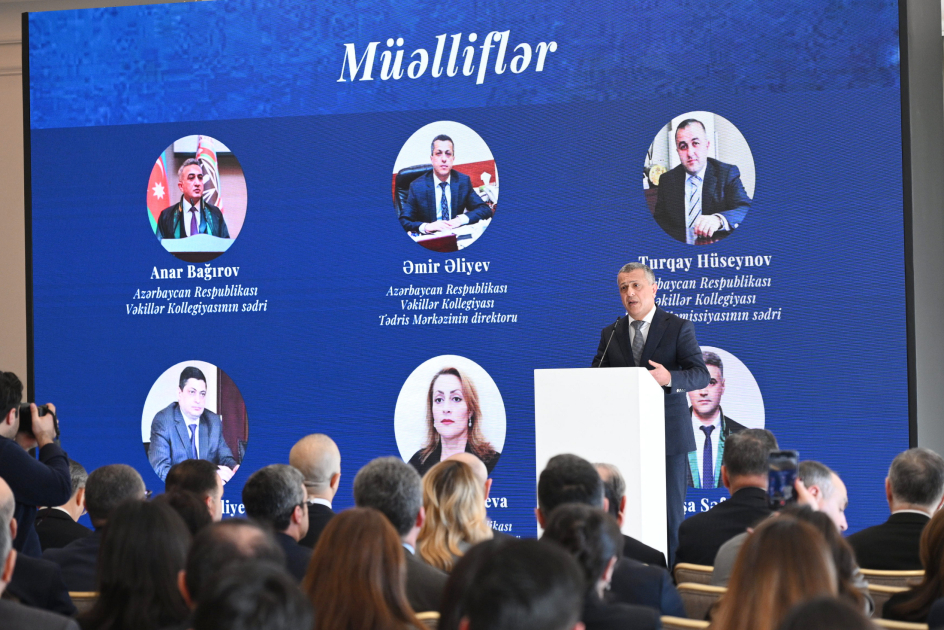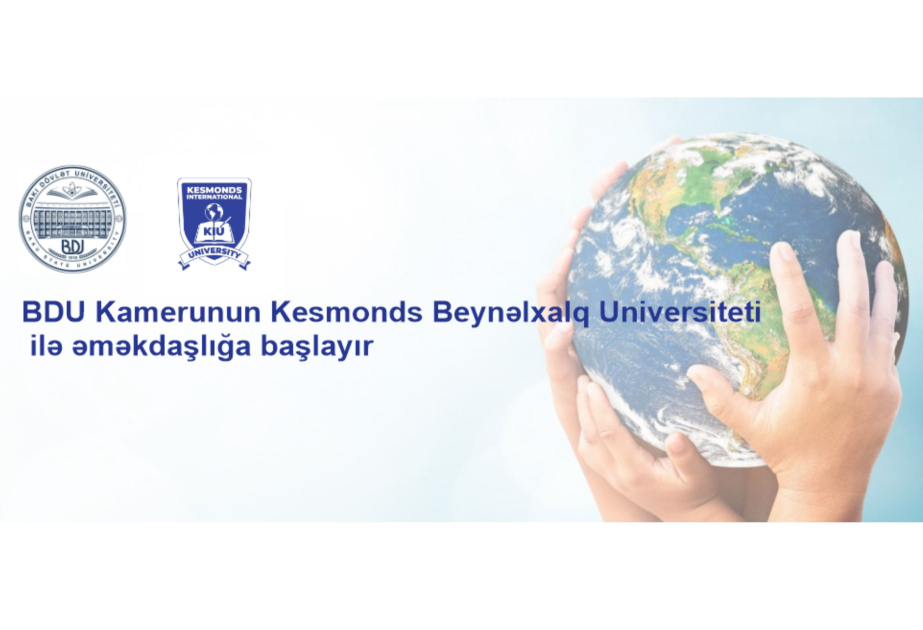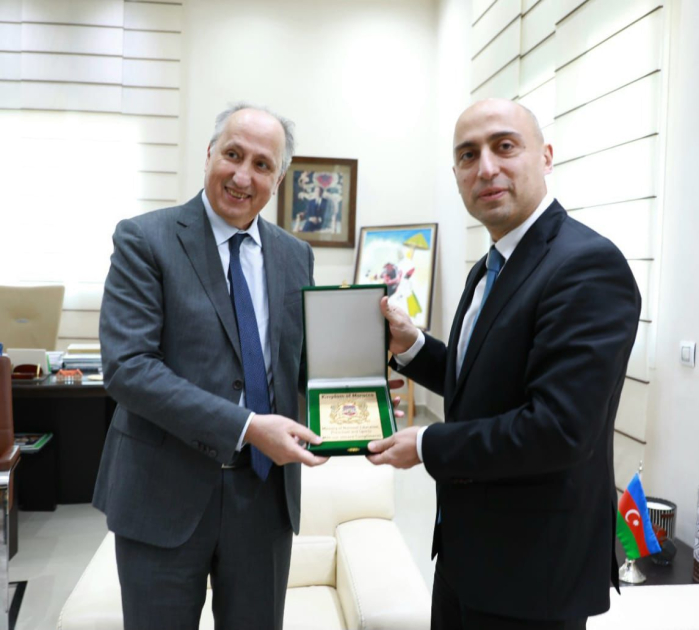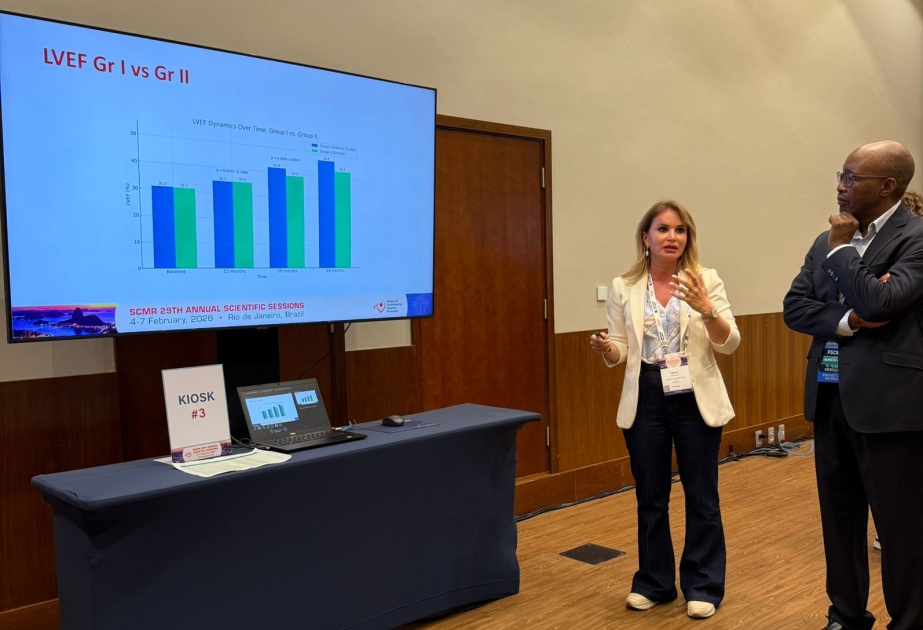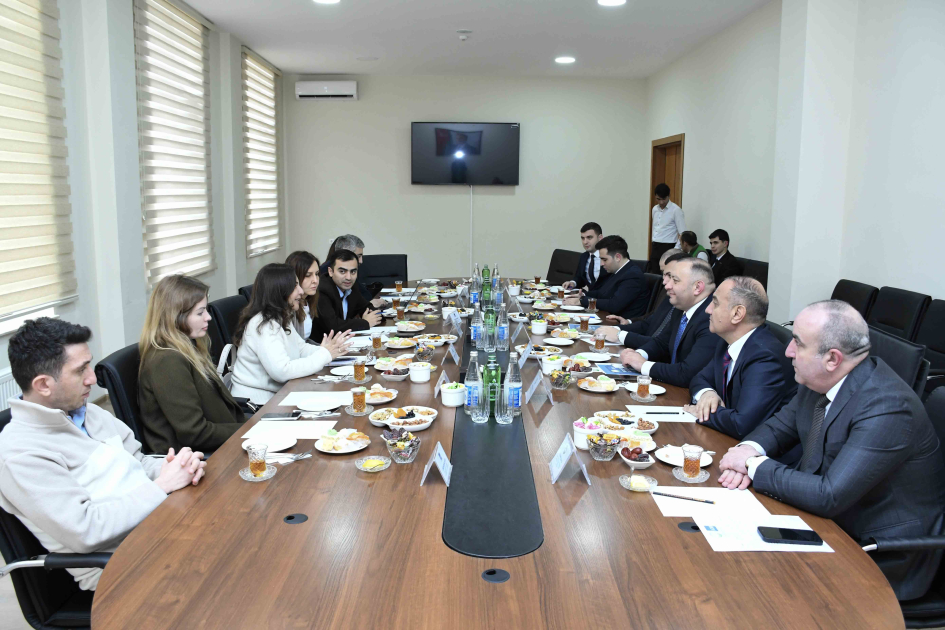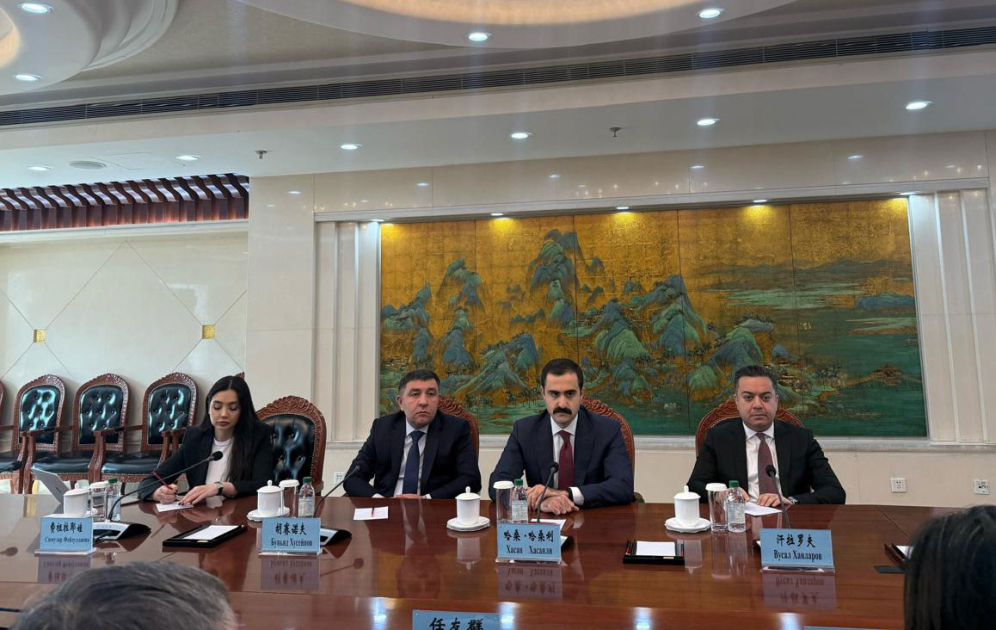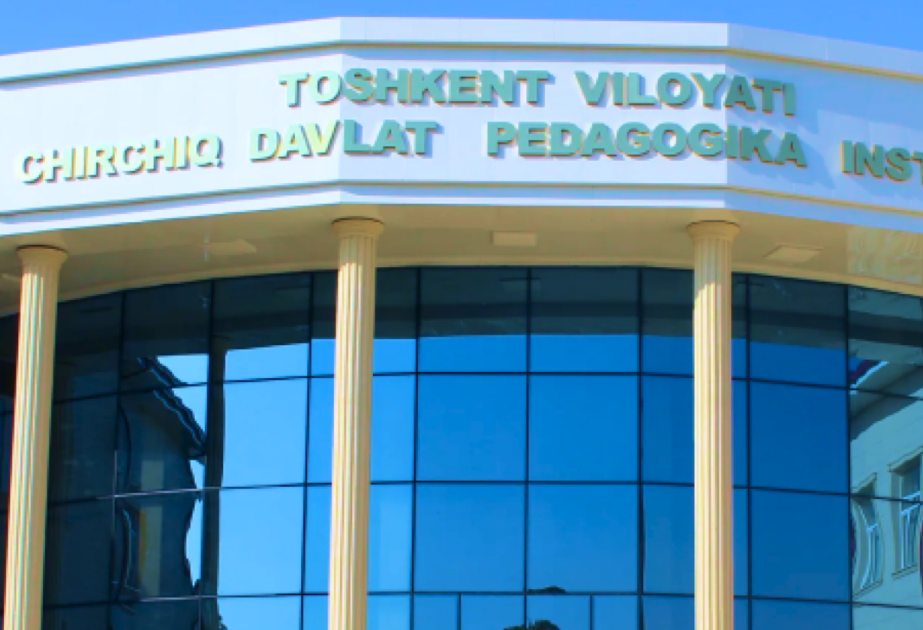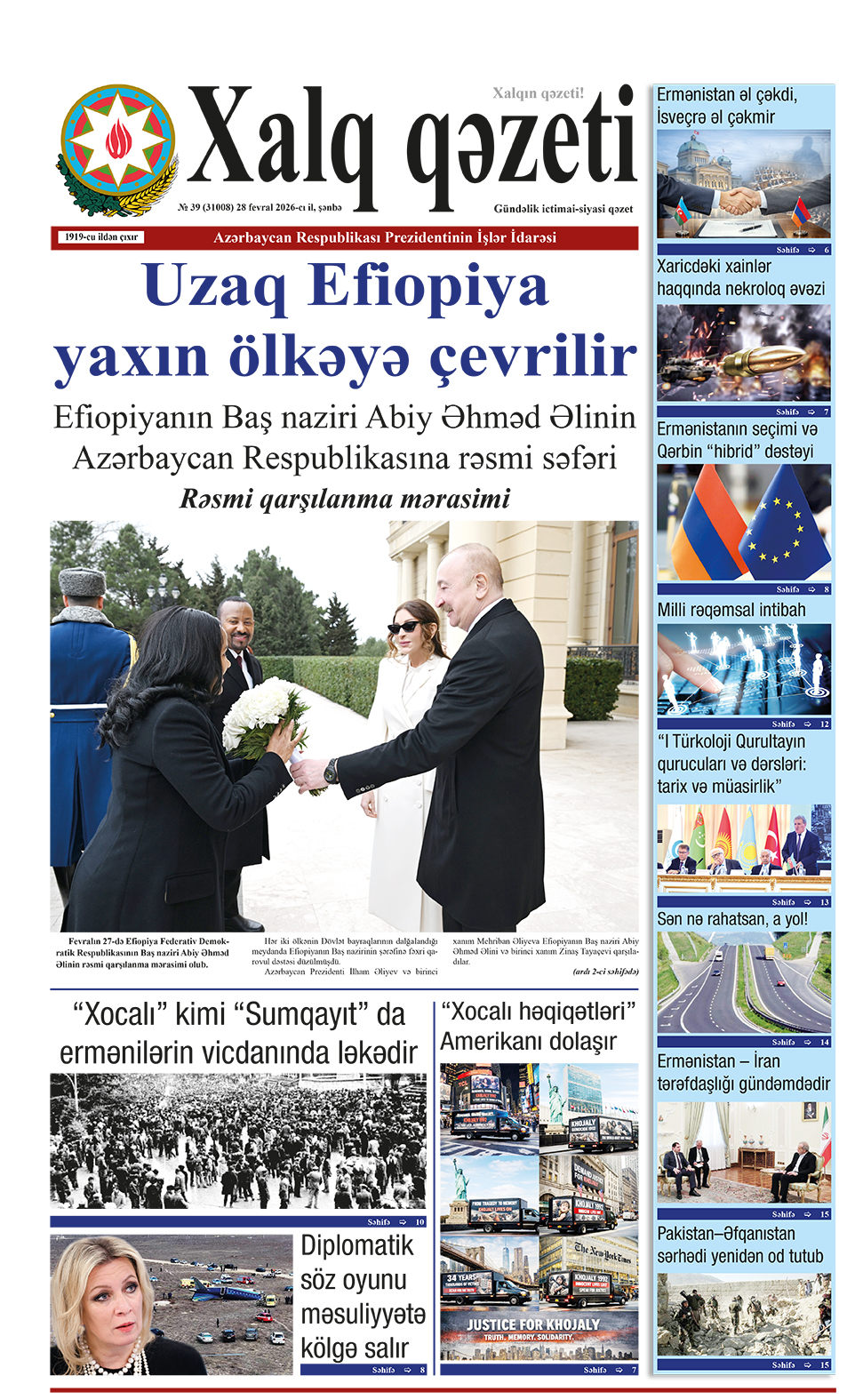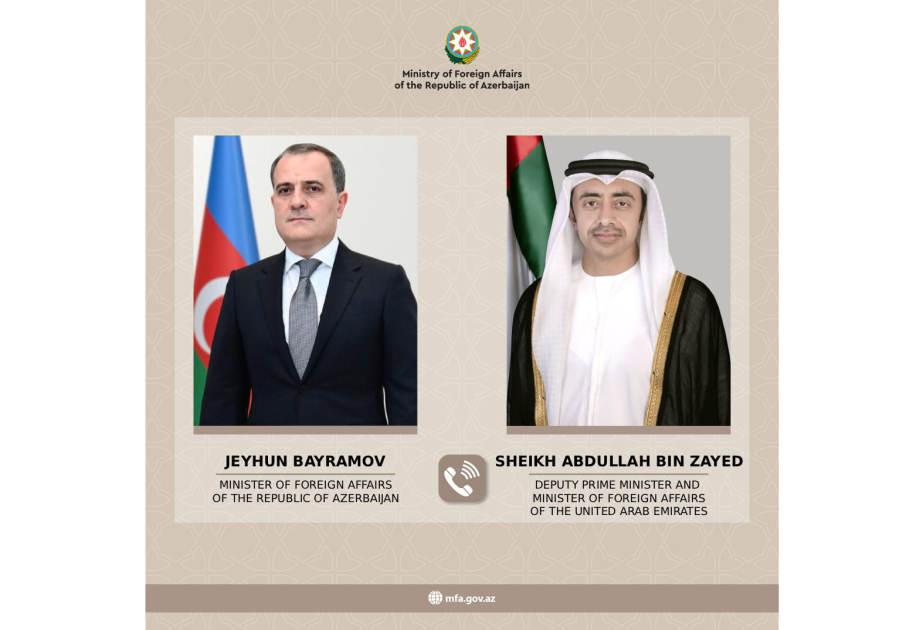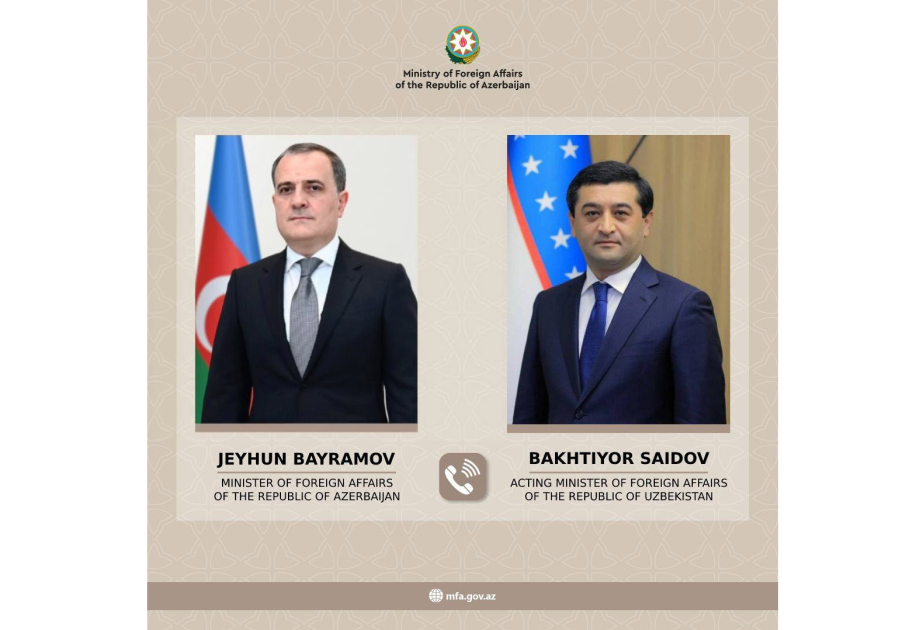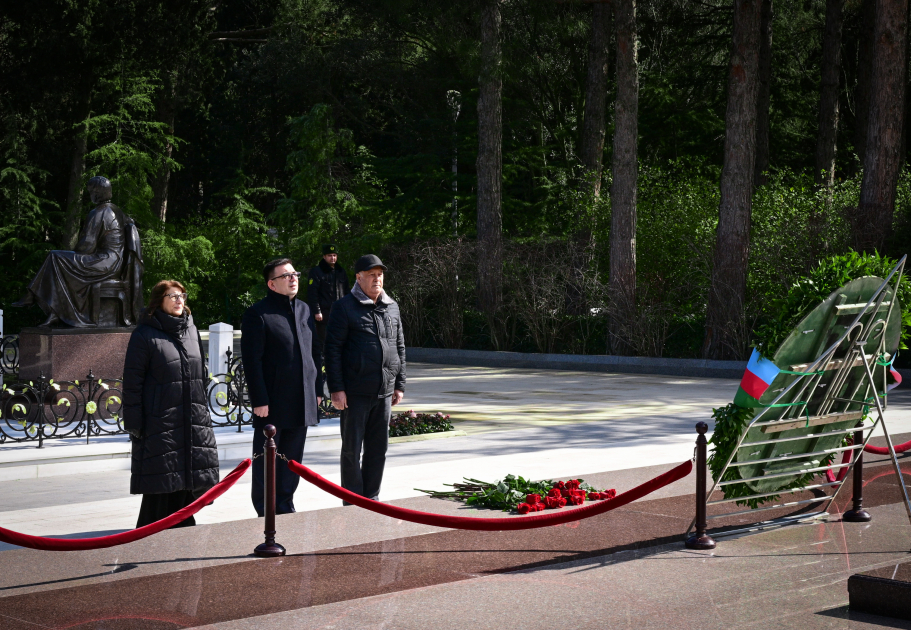On August 18, the expert meeting of the “Systems, Signals and Services” working group began at Baku State University (BSU).
Co-organized by the United Nations Office for Outer Space Affairs (UNOOSA) and the International Committee on Global Navigation Satellite Systems (ICG), the five-day event will bring together experts from the world’s leading space agencies, government institutions, scientific centers, and prestigious international organizations to discuss the development prospects of global navigation satellite systems.
The objective of the event is to discuss current challenges in satellite navigation, new technological opportunities, and future cooperation directions, as well as to enable the exchange of expertise at the expert level on issues such as reducing interference on a global scale, signal compatibility, improving service quality, integrating time and accuracy standards, LEO-PNT technologies, and spectrum compatibility for lunar missions.
Experts from the United States, China, Japan, the Republic of Korea, Croatia, New Zealand, and other countries are participating in the meeting, including staff from UNOOSA. Representatives from several European institutions will also take part in the discussions.
The agenda of the working group meeting includes parallel sessions on various topics. On the first day, the event will feature sessions on international GNSS monitoring and assessment (IGMA) and time standards. In the following days, discussions will be held on important areas such as detection and mitigation of interference, compatibility and spectrum protection, authentication of civil signals, reduction of orbital debris, LEO-PNT technologies, and others.
The event will also feature presentations of innovations by GNSS system providers, sharing of experiences from different countries, and the adoption of new recommendations.
The sessions will culminate with the new decisions and recommendations submitted to relevant international organizations.
The hosting of such a prestigious international event at the BSU demonstrates the growing role of Azerbaijan’s scientific and educational environment in international cooperation.


